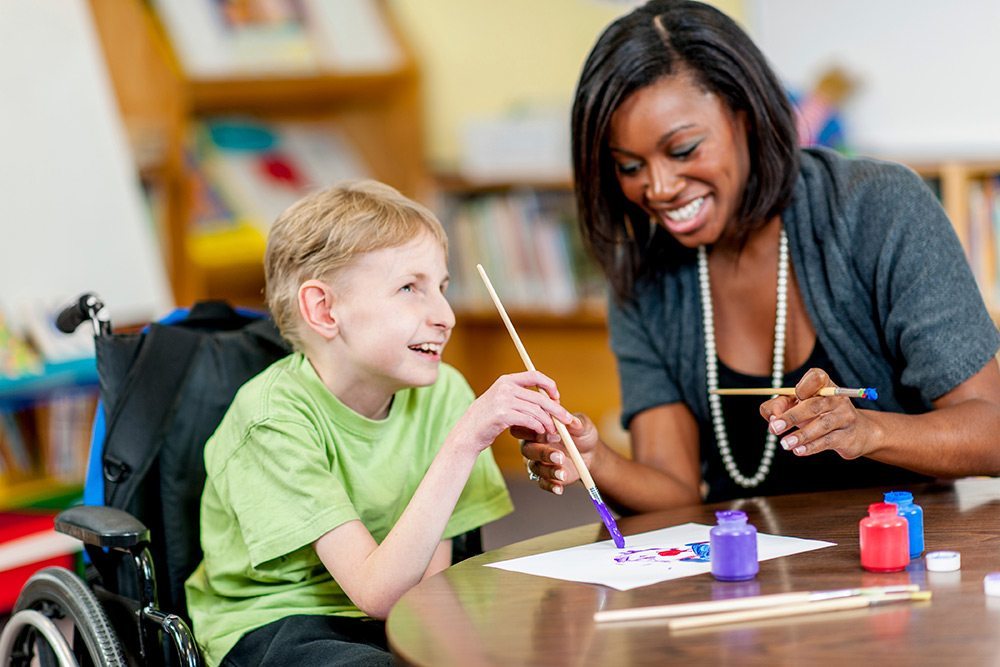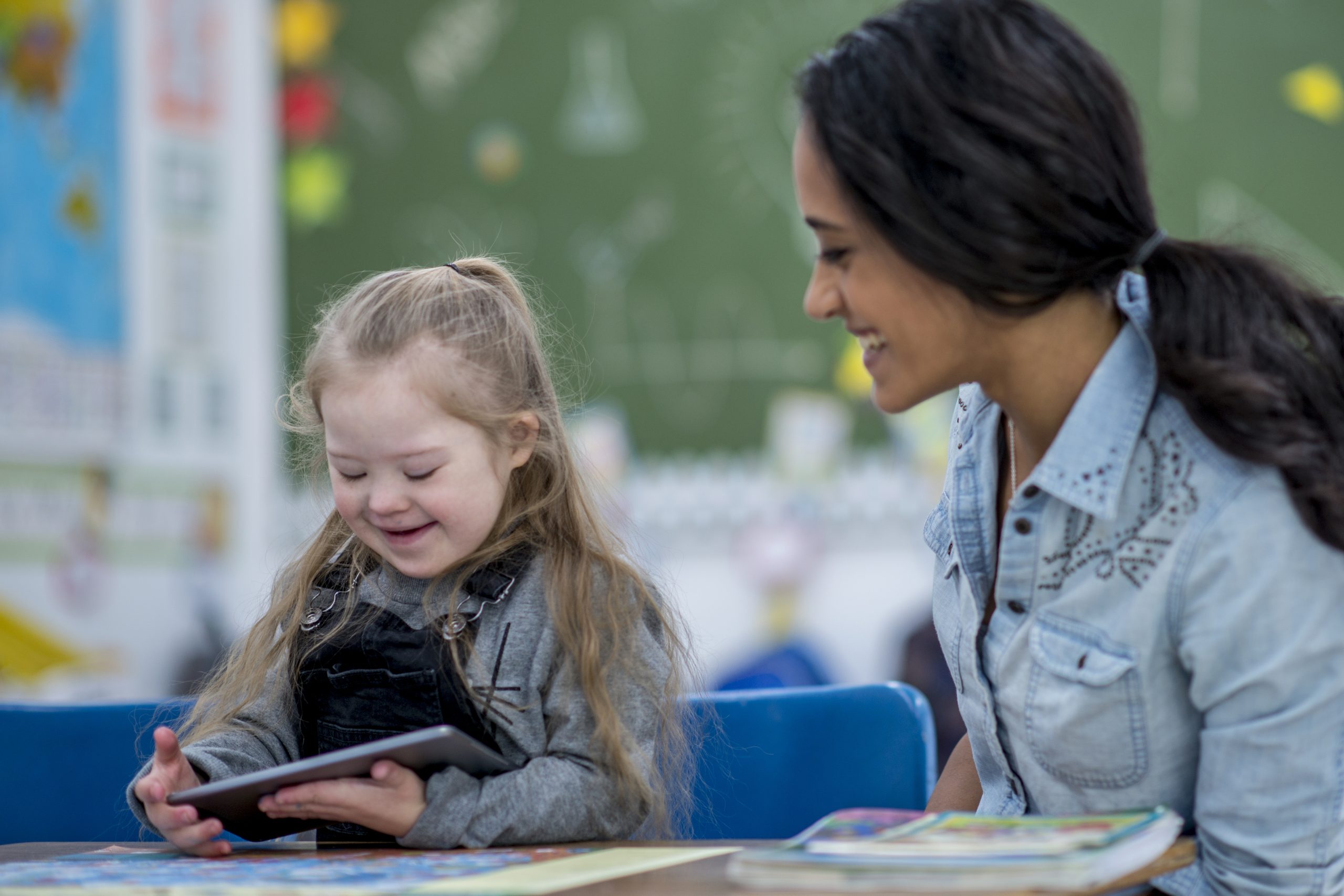Special education is a specialized form of education that addresses the distinctive needs of students facing challenges in learning, behavior, or development. It is a critical service aimed at ensuring that every learner, regardless of their abilities or disabilities, receives an education tailored to their individual requirements.

Understanding Diverse Needs:
In the realm of special education, diversity takes center stage. Students with a wide range of conditions, such as autism spectrum disorders, learning disabilities, emotional or behavioral disorders, intellectual disabilities, and more, benefit from targeted interventions designed to unlock their full potential. Recognizing and embracing this diversity is fundamental to creating an inclusive educational environment.

Individualized Education Plans (IEPs):
One hallmark of special education is the development of Individualized Education Plans (IEPs). These plans are personalized roadmaps that outline specific educational goals, strategies, and support services tailored to meet the unique needs of each student. IEPs serve as dynamic documents that evolve with the student’s progress, ensuring a flexible and responsive approach to their education.
Innovative Teaching Strategies:
Special education employs a variety of innovative teaching strategies to engage and support students. Differentiated instruction, assistive technologies, and multisensory approaches are just a few examples. These methods recognize that traditional teaching approaches may not be effective for every student and emphasize the importance of adapting pedagogical strategies to suit individual learning styles.

Fostering Inclusivity:
A core principle of special education is fostering inclusivity. Beyond academic support, it seeks to create an environment where students with special needs feel valued and accepted. This involves cultivating understanding among peers, promoting empathy, and breaking down barriers that may hinder the social and emotional development of students with special needs.
Collaboration and Support Networks:
Successful special education programs thrive on collaboration. Teachers, parents, therapists, and support staff work together to create a network of support around the student. Regular communication and collaboration ensure a holistic approach to education, addressing not only academic needs but also the social, emotional, and behavioral aspects of a student’s development.
Conclusion:
In conclusion, special education plays a pivotal role in providing a customized educational experience for students with unique learning, behavioral, or developmental needs. By embracing diversity, implementing individualized plans, employing innovative teaching strategies, fostering inclusivity, and building strong support networks, special education contributes to the overall goal of ensuring that every student has the opportunity to succeed and reach their full potential.




